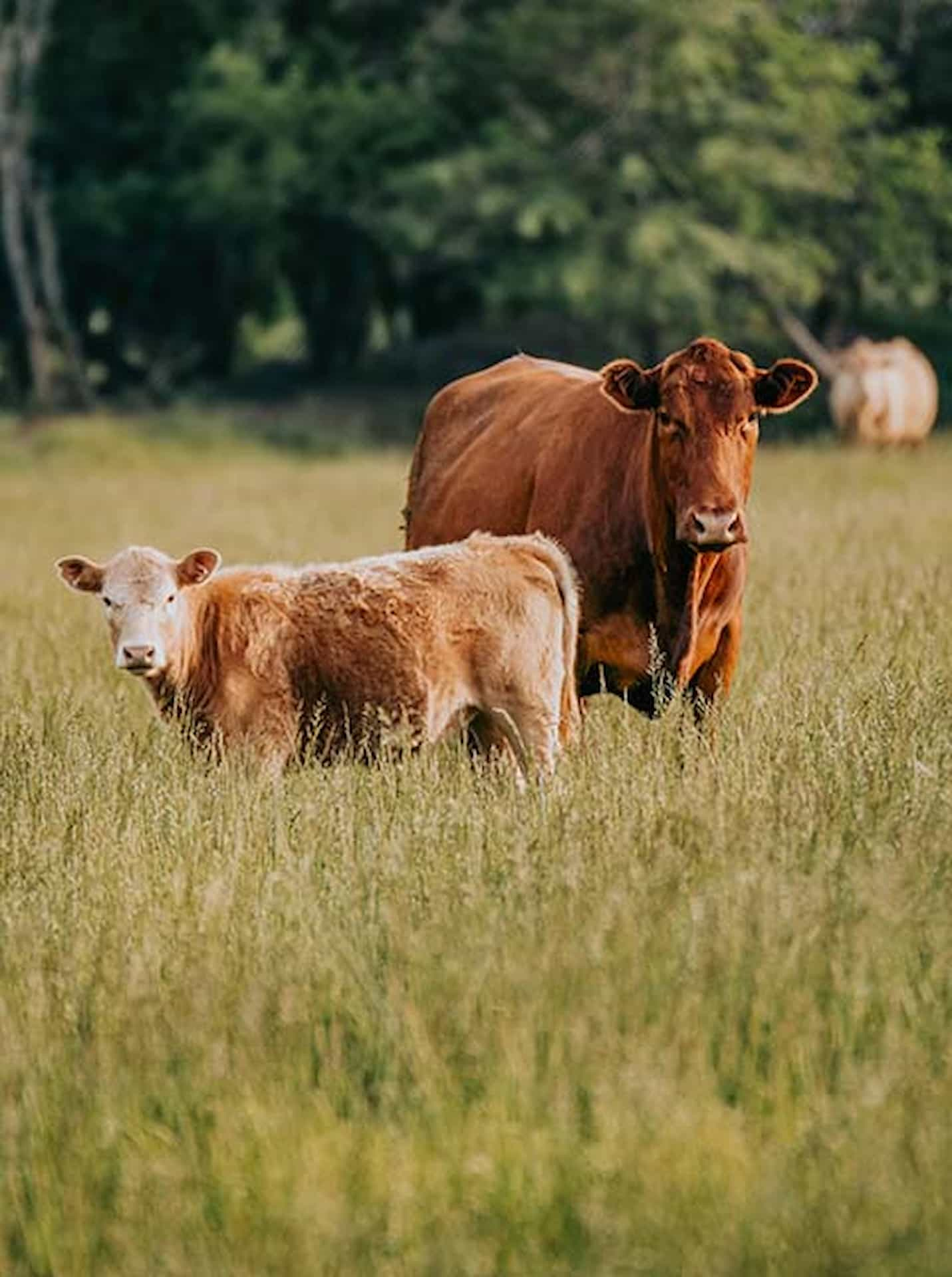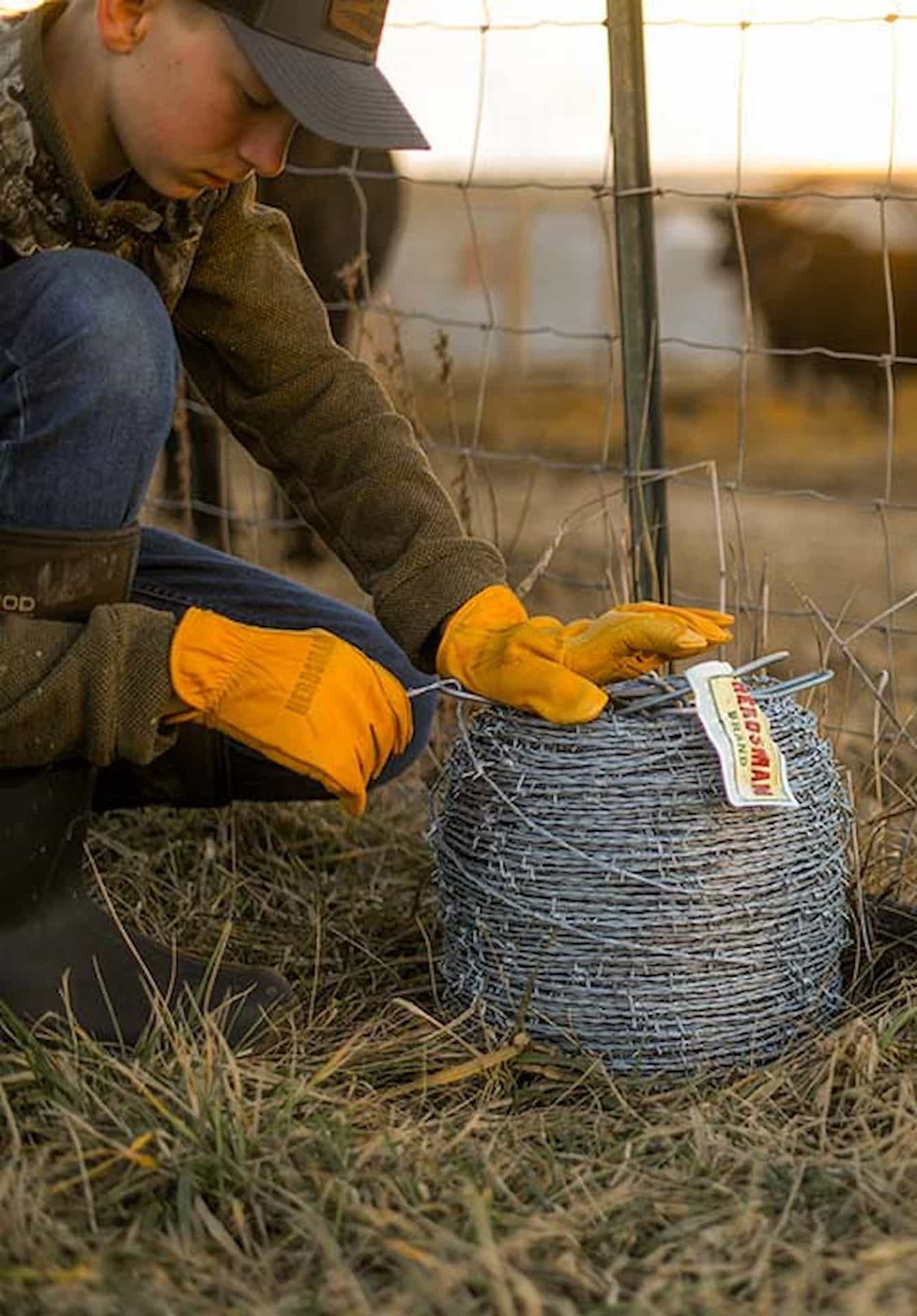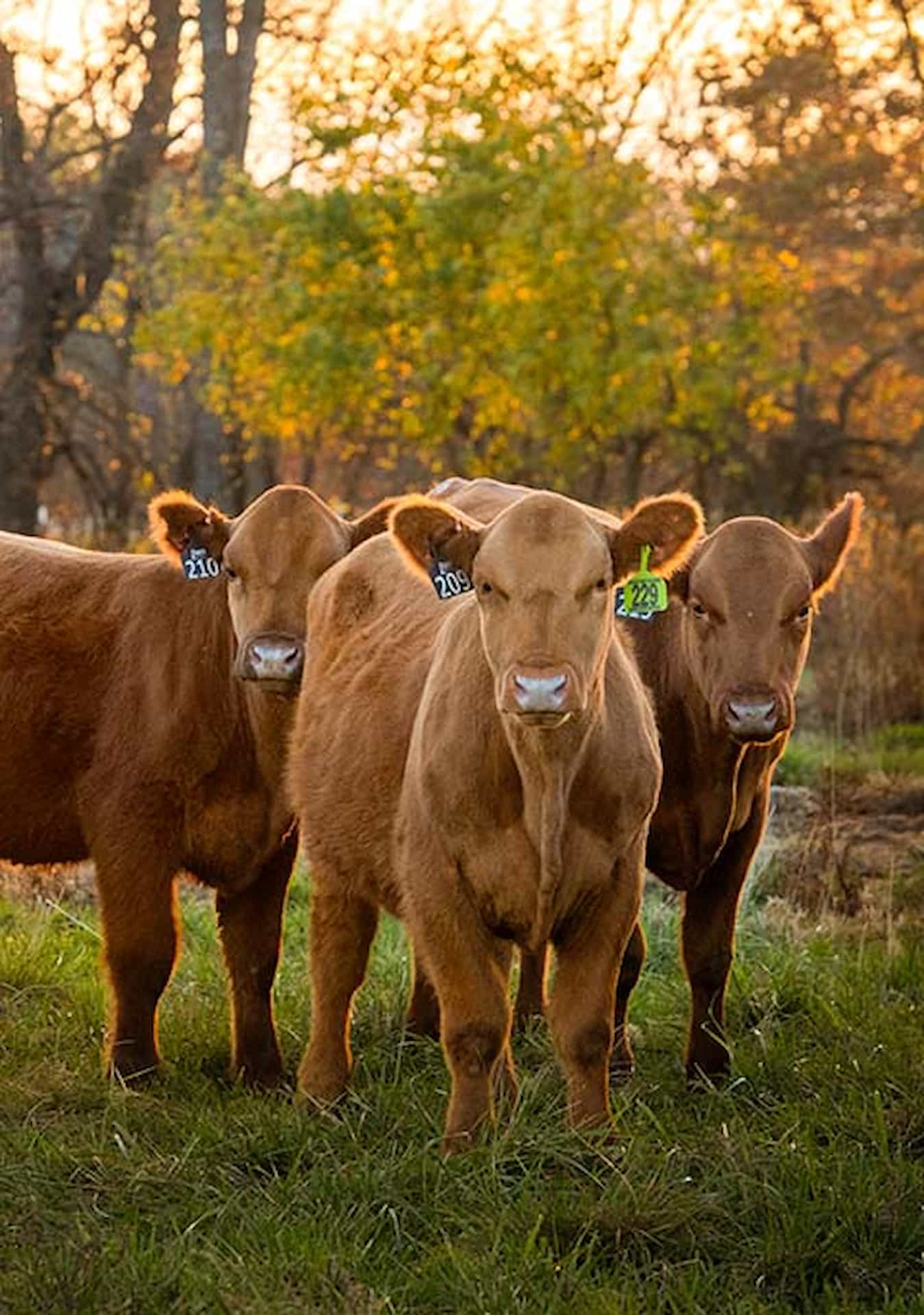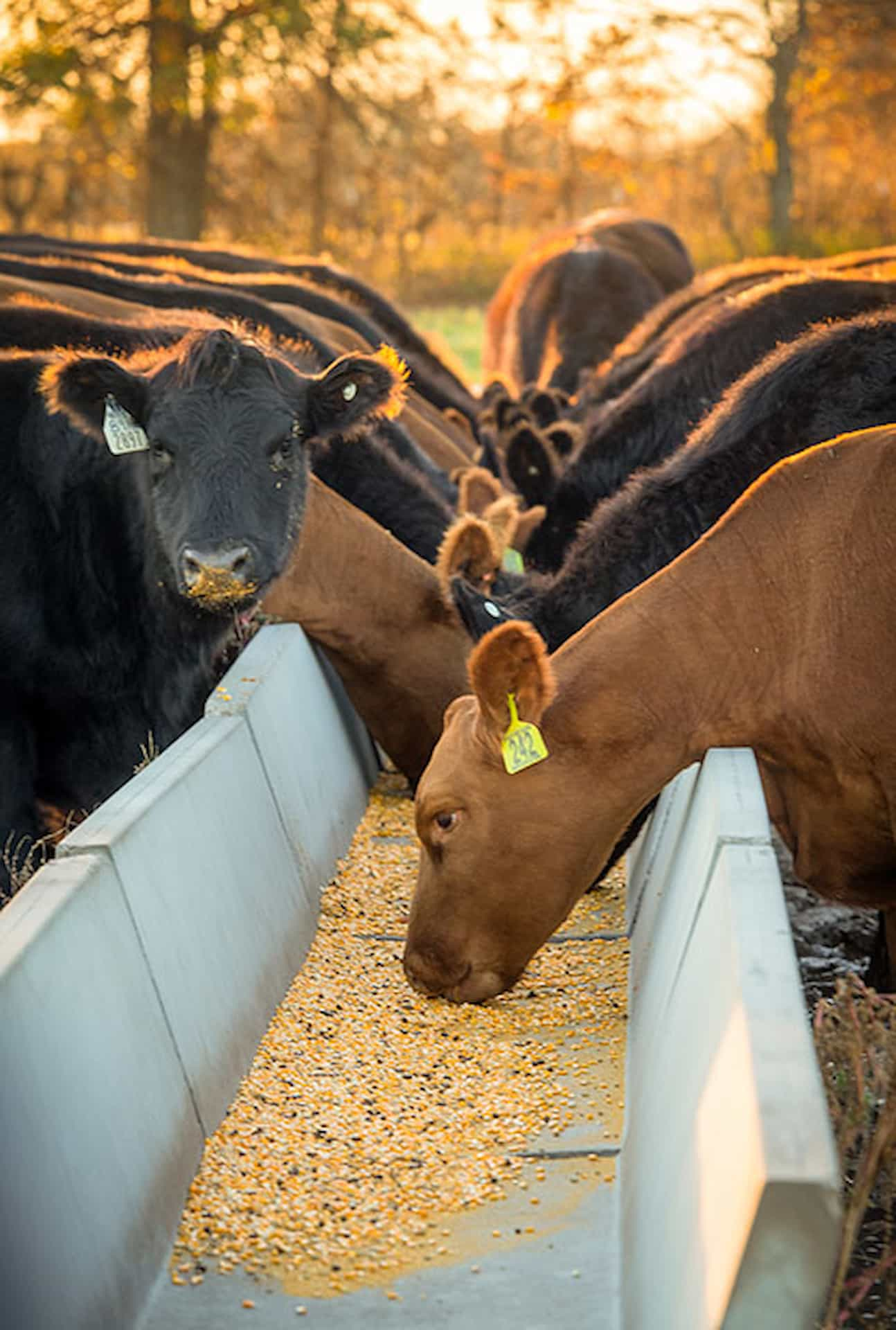Ready to rebuild your herd?
Let MFA help you find the missing piece
With cattle numbers at historic lows, a significant number of producers are strongly considering or working on rebuilding their cow herds. The process takes careful planning, investment and strategic decisions. MFA’s whole-farm solutions can help you every step of the way.
Heifer Development
Buying or raising replacement heifers is key to increasing the cow herd, and nutritional management is crucial for success. Developing heifers into breeding stock takes optimum levels of vitamins and minerals to ensure proper reproductive function along with the right amount of protein and energy for balanced growth. Heifers need to remain healthy and gain enough to hit the right weight at the right time for breeding.
Your solutions:
- MFA development feeds, such as Trendsetter, Cattle Breeder 20, Natural 36, Ricochet Mineral, Cattle Charge, DDG Completer and Vitalix Tubs

Weaning Practices
The actions taken during the weaning period have a significant impact on calves’ well-being and performance. The stress during this time is the No. 1 issue that impacts calf performance. A solid nutrition program and a smooth transition to new surroundings are crucial in maintaining health, performance and profitability. Young calves need a diet rich in high-quality protein, energy, vitamins and minerals to support their rapid growth and development.
Your solutions:
- MFA Ricochet minerals with Shield Technology, help restore the microbial population and promote rumen health to assist calves with consistent feed intake and improve overall well-being.
- MFA Cattle Charge is a good option for a creep feed. Introducing new feeds to calves prior to weaning can help calves start on feed more quickly when they are weaned.
Feeding Programs
Proper nutrition, along with a solid vaccination and deworming protocol, are essential for the health, growth and productivity of beef cattle. The right feeding program is not just about maintaining healthy, high-performing animals but also about maximizing your farm’s economic returns. Cattle need a balanced diet of protein, energy, vitamins, minerals and trace minerals for weight gain, feed efficiency and overall well-being.
Your solutions:
- MFA beef feeds, such as Trendsetter, Cattle Breeder 20, Natural 36, Ricochet Mineral, Cattle Charge, DDG Completer and Vitalix Tubs
Forage Management
Forages are the primary feed source for grazing cattle, which means effective management is essential for herd capacity and farm profitability. Fertility in forages typically varies more widely than crop ground. Hay removes nutrients. Grazing relocates them. As a result, your forage fluctuates in quality and quantity. Proper fertility will help grow good, healthy and productive forage. Weed control is also essential. Weeds will fight forages for nutrients and moisture. Removing 1 pound of weeds typically means 1.5 to 2 pounds of forage in return.
Your solutions:
- Nutri-Track — Intensive grid soil-sampling and variable-rate applications helps you put more fertilizer where you need it and less where you don’t.
- Range and pasture chemicals, including the UltiGraz weed-and-feed system help control weeds that compete with your forages.

Equipment & Infrastructure
Successful cattle production goes beyond feeding and caring for the animals. It also requires investments in farm infrastructure, reliable fencing and appropriate equipment to ensure safety, efficiency, productivity and well-being of both the cattle and the farmers. Good equipment for containing, feeding, watering and working your herd minimizes stress and keeps cattle well-nourished, which, in turn, maximizes weight gain and reproductive success. Investing in the right tools reduces labor and increases overall farm efficiency.
Your solutions:
- MFA's Farm Supply Division offers trusted brands of fencing, gates, waterers, feeders, cattle-working equipment and hay supplies to meet the needs of all sizes and types of livestock operations.

